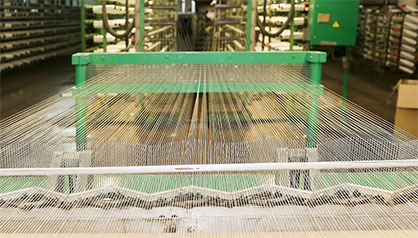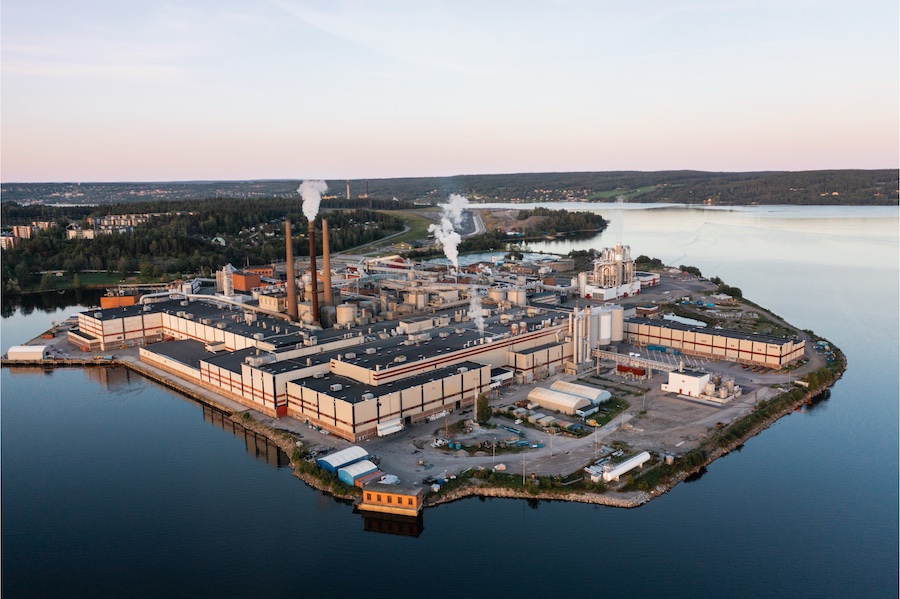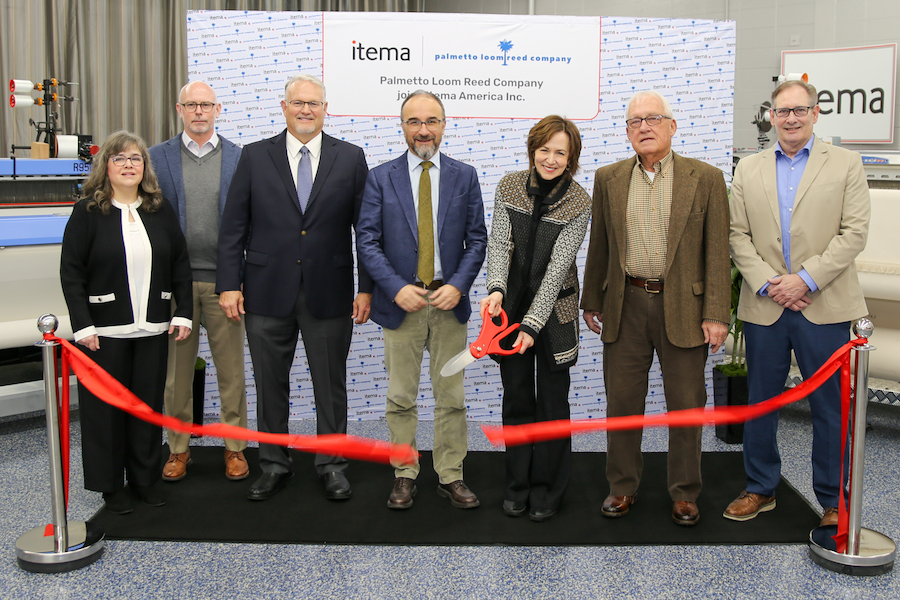#Recycling / Circular Economy
SABIC pioneers with New LNP™ ELCRIN™ IQ COMPOUNDS using pre-consumer recycled glass fiber to accelerate carbon neutrality
These polybutylene terephthalate (PBT) compounds, each reinforced with 30 percent pre-consumer recycled short glass fiber, offer mechanical properties and color equivalency of ELCRIN iQ grades that use virgin glass fiber reinforcement. This new technology further decreases the carbon footprint of ELCRIN iQ materials, which already support the circular economy and help reduce plastic waste by using upcycled polyethylene terephthalate (PET) from discarded water bottles.

“We are continually pursuing new avenues to accelerate carbon neutrality for our materials across our portfolio” said Luc Govaerts, director, Formulation & Application Development for SABIC’s Specialties Business. “This effort includes evaluating each component of our thermoplastic compounds and collaborating with others in the value chain to identify potential replacements that can drive circularity. Central to this process is the prioritization of customer needs, so that greater sustainability goes hand-in-hand with outstanding performance, consistent quality and processing efficiency.”
Lowering Environmental Impacts
SABIC is one of the first material suppliers to adopt pre-consumer recycled glass fiber for thermoplastic compounds. The short glass fiber used in these new ELCRIN iQ materials contains 100 percent recycled content according to Underwriters Laboratories’ Recycled Content Validation procedure (UL 2809), following the mass balance approach. Compared to virgin PBT reinforced with virgin glass fiber, LNP ELCRIN WF006XXPiQ compound contains 67 percent recycled content and lowers carbon footprint by 29 percent, while LNP ELCRIN WF0061XPiQ compound contains 55 percent recycled content and reduces carbon footprint by 24 percent .
In addition to their improved sustainability profile, these materials deliver good structural performance (stiffness and strength), chemical resistance and colorability for applications in the consumer electronics, automotive and electrical & electronics industries. Furthermore, the new LNP ELCRIN WF0061XPiQ compound offers non-halogenated flame retardance. As a drop-in replacement for incumbent virgin PBT and ELCRIN iQ grades, the two new compounds enable customers to increase application sustainability without the need for design or tooling changes.
“These two next-generation materials create new possibilities for customers to advance their carbon neutrality strategy by further increasing the amount of recycled content they use and lowering the carbon emissions of their applications, all while maintaining equivalent properties and processability,” said Darpan Parikh, Global Product Management Leader, LNP Portfolio, SABIC’s Specialties business. “For SABIC, the move to adopt pre-consumer recycled glass fiber reinforces our commitment to optimize the use of resources and contribute to our customers net zero carbon goals.”
SABIC plans to extend the use of pre-consumer recycled glass fiber to reinforced compounds based on other resins from their specialty offerings. These new products are available for sampling globally and formulations can be tailored to customers’ specific needs.












